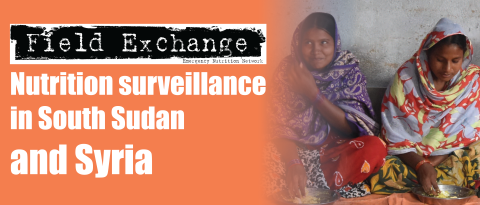Association of early interventions with birth outcome and child linear growth in low-income and middle-income countries
Research snapshot1
The first 1,000 days of life represent a critical window for child development. Pregnancy and the exclusive breastfeeding (EBF) (0-6 months) and complementary feeding (CF) periods have different growth requirements, so separate considerations for intervention strategies are needed. The purpose of this study was to determine the association of interventions with birth and linear growth outcomes based on randomised clinical trials (RCTs) of interventions under the domains of nutrition; deworming; maternal education; and water, sanitation and hygiene (WASH) provided to pregnant women, infants aged 0-6 months and children aged 6-24 months conducted in low and middle-income countries (LMICs) using Bayesian network meta-analyses. Random-effects meta-analyses were performed for each life period and odds ratios were compared on preterm birth and mean differences on birth weight for pregnancy, length-for-age (LAZ) for EBF, and height-for-age (HAZ) for CF.
Among 302,061 participants in 169 RCTs, several nutritional interventions were found that demonstrated greater association with improved birth and growth outcomes compared with standard care. For instance, compared with standard care, maternal supplements of multiple micronutrients during EBF showed reduced odds for preterm birth (OR, 0.54; 95%CrI, 0.27-0.97) and improved mean birth weight (MeanDiff, 0.08 kg; 95%CrI, 0.00-0.17 kg) but not LAZ (MeanDiff, −0.02; 95%CrI, −0.18 to 0.14). Supplementing infants and children with multiple micronutrients showed improved LAZ (MeanDiff, 0.20; 95%CrI, 0.03-0.35) and HAZ (MeanDiff, 0.14; 95%CrI, 0.02-0.25). Interventions provided to pregnant women generally demonstrated greater associations with improved outcomes than interventions provided to infants and children at later periods.
Findings highlight the importance of intervening early to improve birth outcomes and counter childhood stunting. Findings also reveal that nutritional interventions, micronutrients and food supplements generally showed greater associations with improved outcomes than interventions from other domains. Despite the numerous clinical trials that have already been conducted, more research targeting less explored areas, such as maternal education and WASH, appears to be needed. Research is also needed that combines interventions from multiple domains and tests their effectiveness as a package.
Endnote
1Park, J.J.H., Lan Fang, M., Harari, O., Dron, L., Siden, E.G., Majzoub, R; Jeziorska, V., Thorlund, K., Mills, E., Bhutta, Z. (2019). Association of Early Interventions With Birth Outcomes and Child Linear Growth in Low-Income and Middle-Income Countries: Bayesian Network Meta-analyses of Randomized Clinical Trials. JAMA Network Open. 2019;2(7):e197871. doi:10.1001/jamanetworkopen.2019.7871 (


